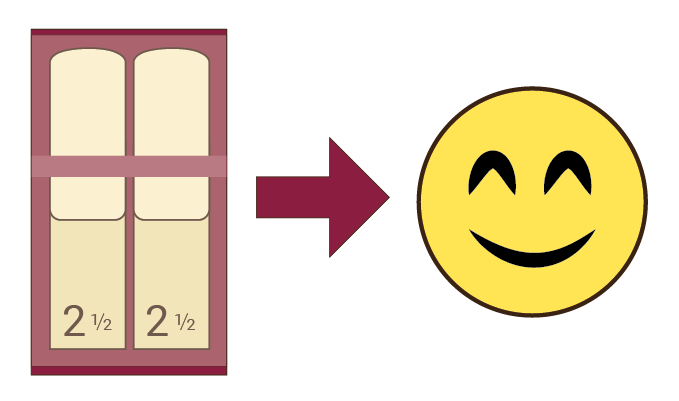Looking for the perfect gift for your musician?
Check out our favorite holiday gifts and stocking stuffers!
For All Musicians
Instrument stands are great for all players!
Korg makes tuners, metronomes, and a tuner/metronome combo! A must have!
For Woodwind Players
Silk swabs can be hand washed allowing them to last much longer than other swabs!
A soft padded strap is a wonderful gift for the practicing sax player.
We now carry Jewel ligatures for clarinet and alto sax!
The D'Addario reed case made for both clarinet and saxophone as well as oboe and bassoon keep reeds from warping and cracking!
For Brass Players
This trumpet mute is a straight and cup mute!
This trombone mute is a straight and cup mute!
For Percussionists
Your percussionist's first stick bag!
Is your percussionist playing the timpani? Get them their own pair of mallets!
SD1 sticks are great for the concert snare setting!
This education pack has SD1, SD2, Bell Mallets, Yarn Mallets, and Timpani Mallets!
Don't see what you're looking for? Contact us at 1 800 782 4875, or message us here. We will help you find the right gift for your music maker!














